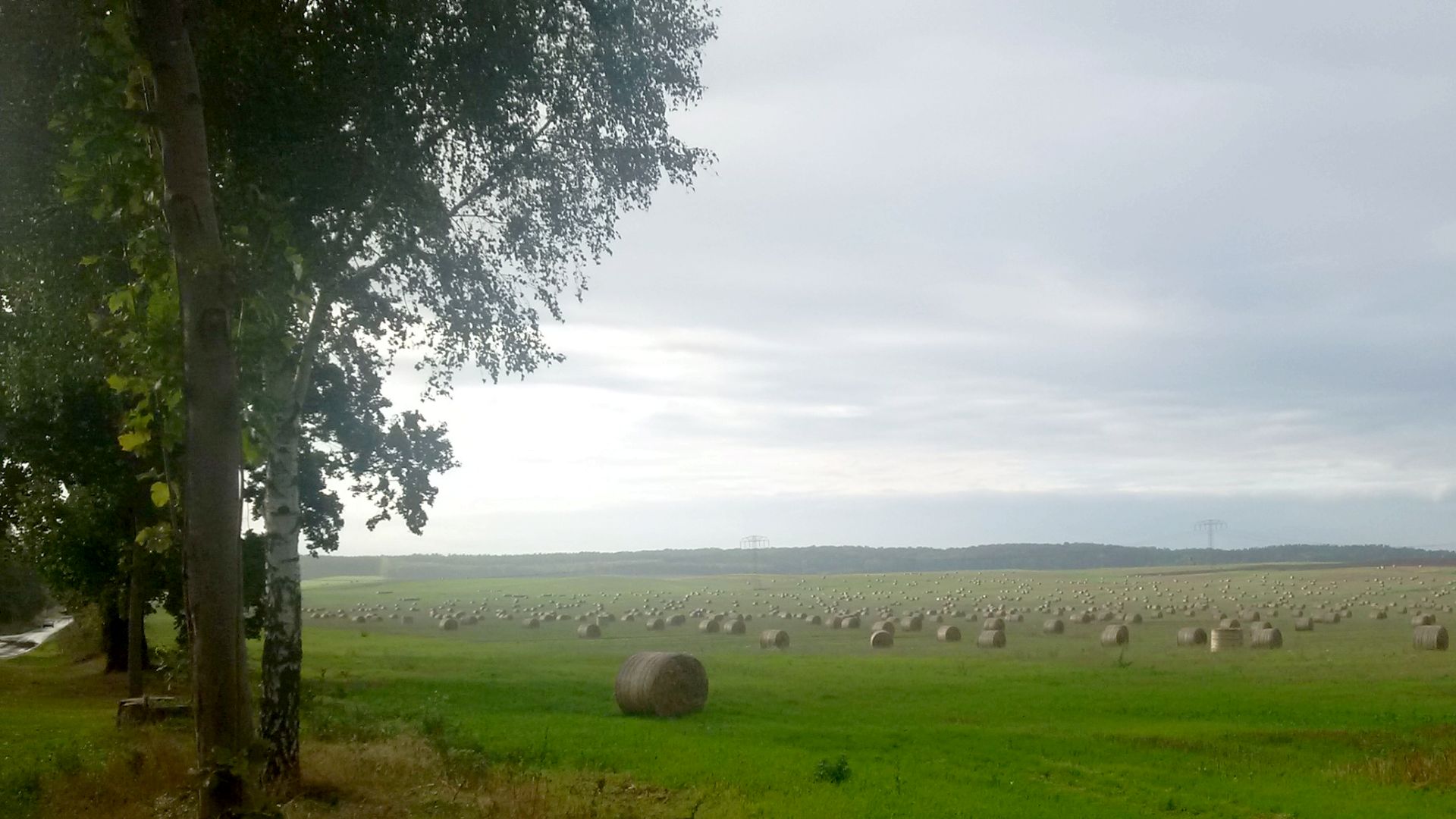As part of the WWF project “CLIF – Climate Impacts of Food”, ISIconsult is conducting a social-empirical study together with Zühlsdorf + Partner on the relevant sustainability impacts of food consumption in Paraguay, Thailand, South Africa and Germany. The aim of the study is to gain insights into the relevance of the five sustainability indicators defined in the CLIF project – greenhouse gas emissions, land use, water consumption, biodiversity and social effects – from the perspective of consumers and companies. These findings will be used to develop a communication tool that will enable consumers and companies in the food industry to inform themselves about environmental impacts when purchasing or offering food products, so that they can make more sustainable consumption and purchasing decisions.
At the core of the study are two surveys of consumers and a survey of companies in the food industry in the four countries. This will cover consumer behavior, the role and relevance of sustainability indicators, and the supply and use of information about food. Furthermore, insights into the suitability of the communication tool as a support for more sustainable purchasing decisions will be gained.
Further information on the CLIF project: https://www.wwf.de/themen-projekte/landwirtschaft/ernaehrung-konsum/climate-impacts-of-food-auswirkungen-unserer-lebensmittel-auf-das-klima
